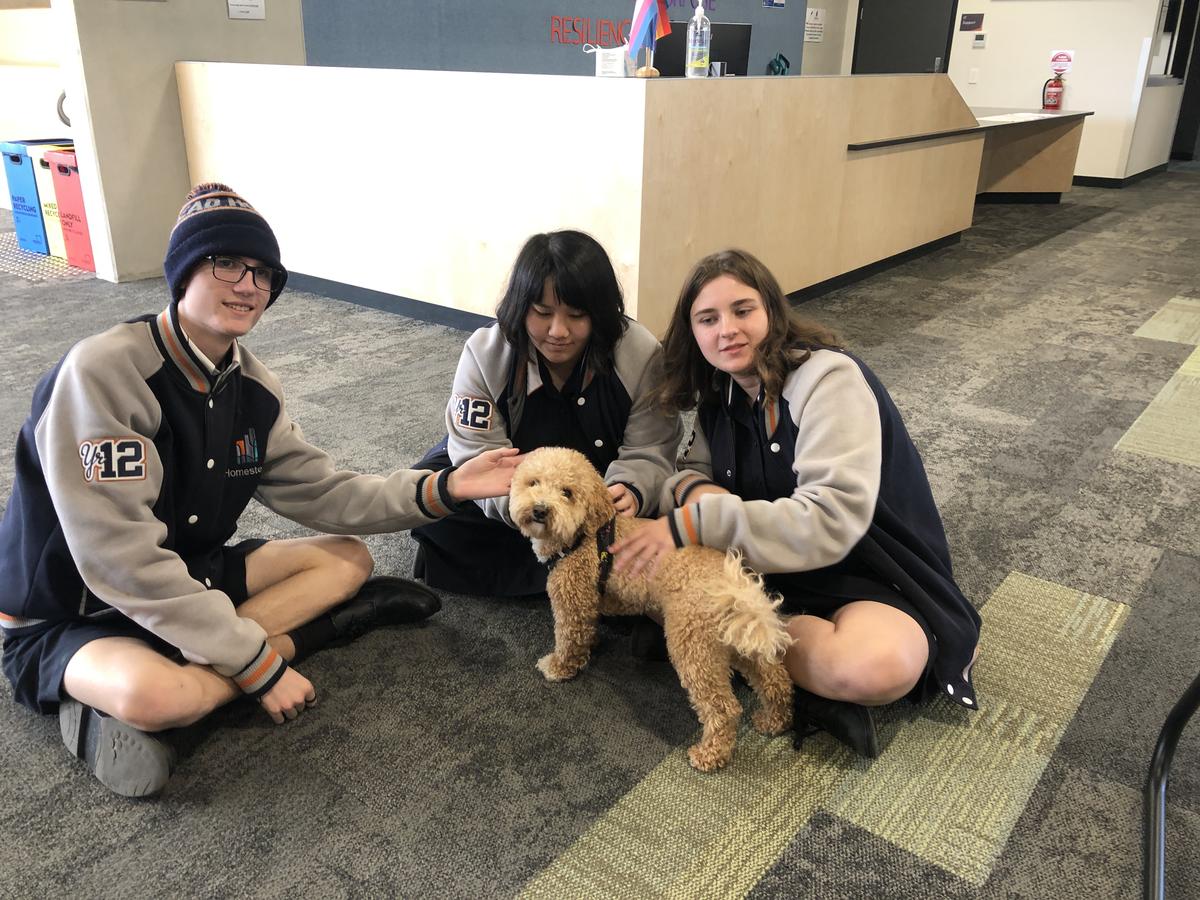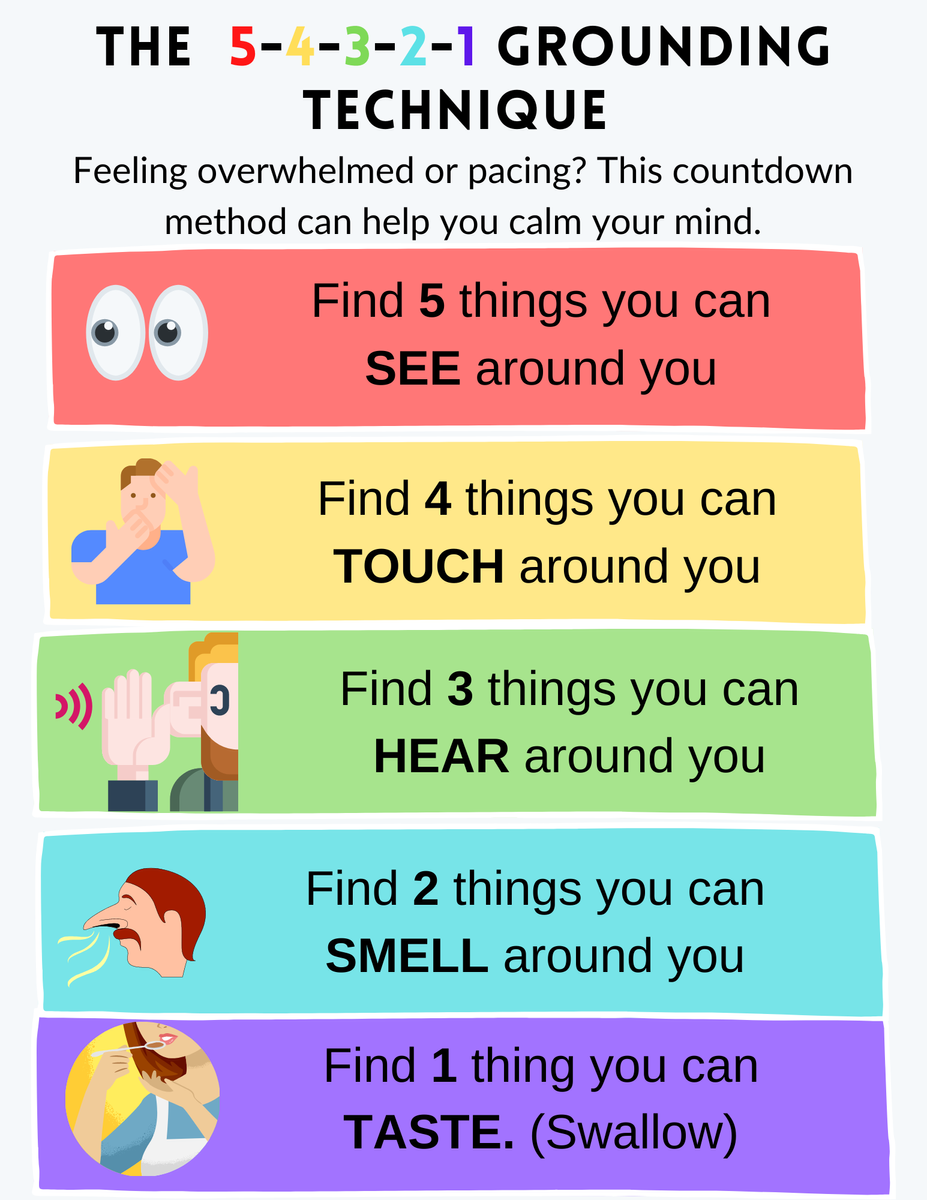Wellbeing at Homestead
Everyday matters

Wellbeing at Homestead
Everyday matters
Homestead employs a full time counsellor to support our students to do their best every day.
Jas Bhatia is our counsellor and she has two key priorities in her work.
Jas currently works with approx. 13% of our student cohort, evenly distributed across the three year levels, this is incredibly important work.
In addition to counselling, Jas Bhatia also works proactively to create a culture of positive wellbeing at the college.
One proactive project that Jas has been instrumental in has been the trial of Homesteads Wellbeing dog, Charlie.
Charlie is a Bichoodle who is very placid and loves a cuddles from students and staff.
Charlie has already won over the hearts of many students at Homestead and we are looking forward to more great experiences with Charlie at Homestead.






Jas also shares various techniques with students and staff to equip our students to cope with the demand of senior school life. We hope that some of the techniques below can support you or your child. Jas is also happy to speak with parents about strategies to best support their children, please feel free to contact the college and request a chat to Jas.
The two most common techniques/exercises that will assist an individual through stress/anxiety and remaining calm.
Grounding technique - Grounding techniques are coping strategies that help you connect with your body in the present moment and pull away from negative thoughts, anxiety, or flashbacks. They often involve engaging your senses to connect with your physical surroundings.


Here is an example:
How does it help?
It makes you realise that you are more powerful and calmer in the current moment, which as a result holds the anticipatory ideas and helps you in dealing with the anxiety/stress.
Breathing exercises - Breathing exercises can reduce stress by increasing oxygen exchange, which reduces your blood pressure, slows the heart, and releases any tension held in the abdomen. These physical changes also benefit your mental state, concentrating on your breath can bring you into the present, in a state of mindfulness.
Here is an example:
Box Breathing


Step 1: Breathe in counting to four slowly. Feel the air enter your lungs.
Step 2: Hold your breath for 4 seconds. Try to avoid inhaling or exhaling for 4 seconds.
Step 3: Slowly exhale through your mouth for 4 seconds.
Step 4: Repeat steps 1 to 3 until you feel re-centred
While practicing this technique we must ensure that we are closing our eyes and drawing an imaginary box in the air. Please see below an example.
-Jas Bhatia-Student Counsellor